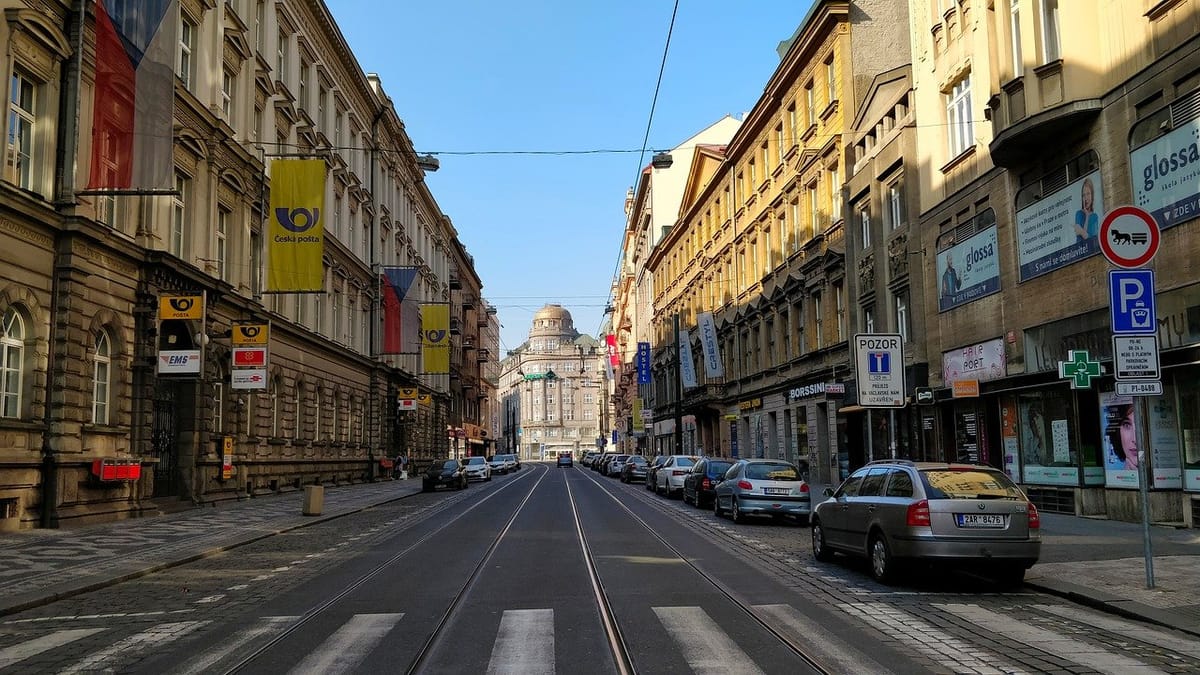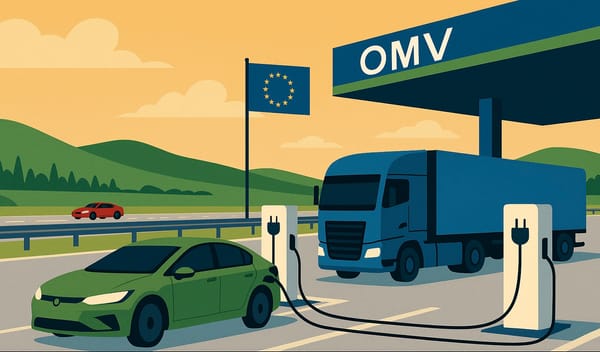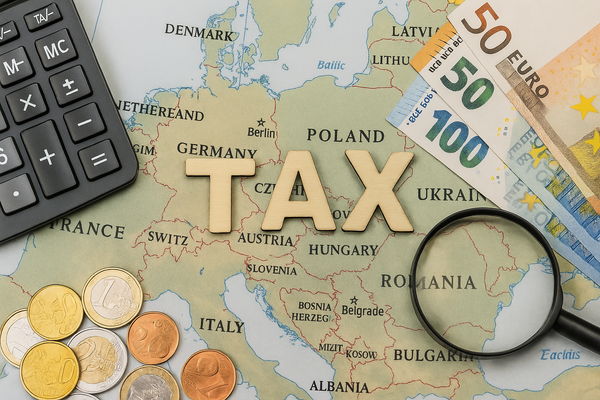
CEE countries take different roads on COVID
As some countries in Central and Eastern Europe (CEE) relax Coronavirus restrictions, others remain cautious, with Czechia in the first camp, while Estonia is in the second. As Czechia lifts the requirement to show proof of vaccination to enter restaurants and mass gatherings, Estonia has u-turned on a similar plan to allow attendance at outdoor events without a Covid card.
At the beginning of February, Estonia set a goal to lower the daily average number of admittances to intensive care units to 25. However that number, measured over a 10-day period, is currently 39. Estonian Prime Minister Kaja Kallas said the number of people in intensive care is currently 300 and expected to climb to 500 in the coming days. “Both the number of patients and hospital staff are putting a very high burden on the health system,” she said, adding that more people getting vaccinated would speed up the relaxing of restrictions.
Meanwhile in neighbouring Latvia, Health Minister Daniels Pavluts submitted a three-step plan to reduce COVID:19 restrictions to the coalition cabinet this week. The first step, on 16 February would lift restrictions regarding children and shop opening hours. Then, from 1 March, a slew of epidemiological restrictions would be cancelled, allowing the opening up of indoor venues and removing the requirement to present a vaccination certificate to enter shops. The third step from 1 April would cancel all mandatory measures and replace them with recommendations. The cabinet is said to have “in theory” agreed to the plan.
In Romania, one of the world’s worst-hit countries, things are taking a turn for the better. Health Minister Alexandru Rafila on Thursday reported three consecutive days of declining rates, and said restrictions are likely to be loosened within weeks. Hospitalisations and fatalities in Romania have also decreased.
Although the need to provide a COVID certificate to enter public places could be cancelled in the next month, Rafila said, the mask mandate in public places will remain in place. “Other than this, we will probably be able to return to normal, and I hope we can end the ‘state of alert’, after almost two years,” he told Digi24.
After Slovakia registered 20,582 new cases on Tuesday – its highest daily figure since March 2020 – infections were slightly down by Friday, to 20,051. In Slovenia 7,514 people tested positive for Coronavirus on Thursday, the lowest daily figure since January. Overall CEE countries are faring better than in the autumn, partly due to the more infectious but less virulent Omicron strain. Nevertheless, Hungary, Czechia, Croatia and Slovakia are all in the global top ten for deaths per capita, as of Friday, according to Statista.
Sources: Baltic News Network, Romania Insider, Slovak Spectator, BBC, FT, Statista, STA, Fortune





